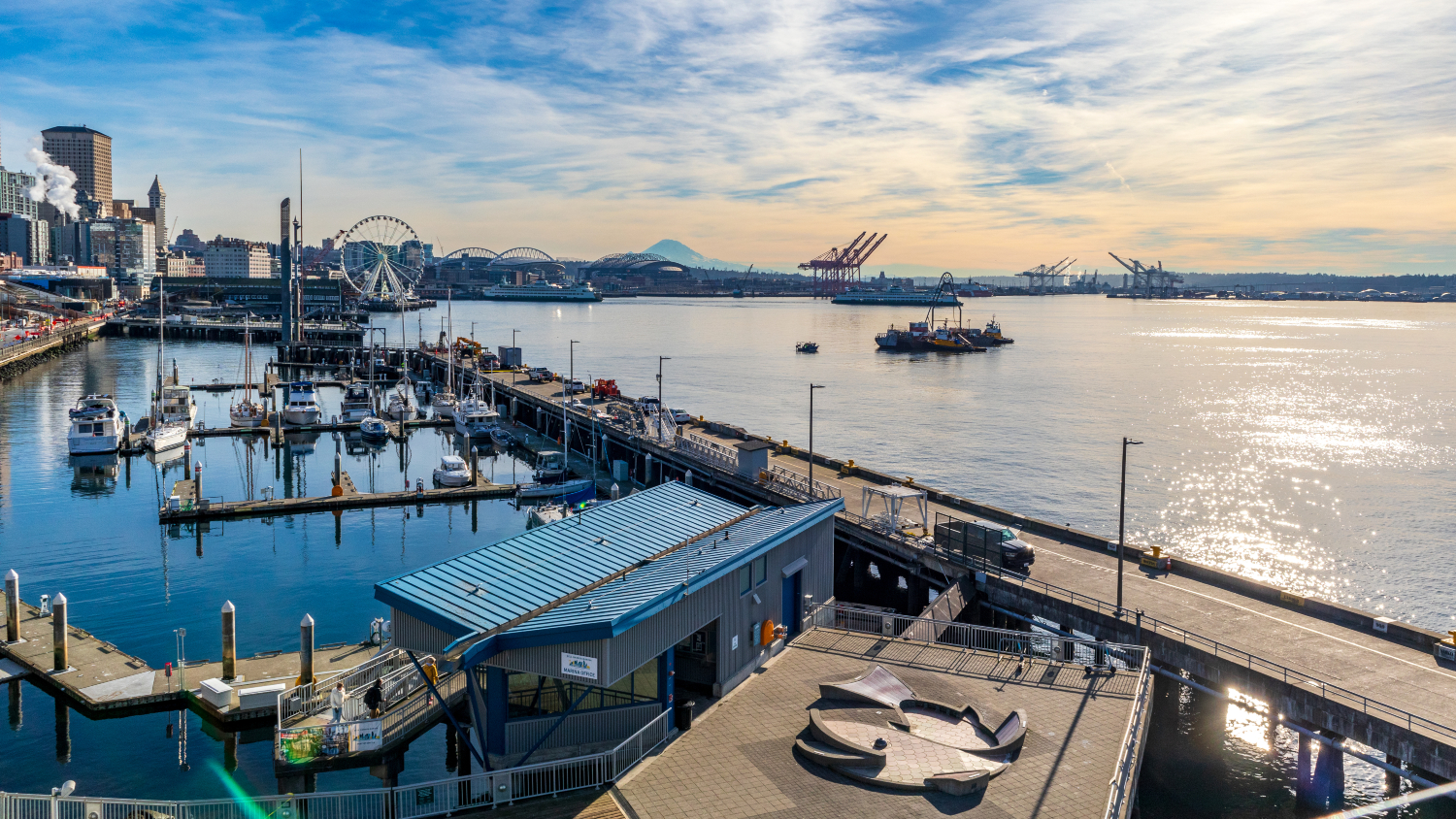The floating LNG import terminal at Alexandroupolis in northern Greece has resumed operations having been offline since late January, operator Gastrade said Aug. 11.
The floating storage and regasification unit — which started commercial operations in October last year — was taken fully offline in late January due to a technical issue.
It had been expected that the outage would be resolved by the end of March, and then by May, but the restart date was then pushed back to mid-August.
The FSRU will only operate at 25% of capacity from its restart until the end of September.
“Gastrade announces the resumption of the unloading and regasification services at the Alexandroupolis LNG terminal,” it said in a statement Aug. 11.
“Services will become available at a maximum regasification capacity of 45.4 GWh/day including redundancy with respect to its booster pumps,” it said.
Gastrade said the capacity limitation would remain in place until Sept. 30, 2025, under specific operational and commercial conditions.
“The present 25% limitation of the terminal’s nominal capacity will be lifted at the start of the new Gas Year, on Oct. 1, 2025,” it said, adding that certain operational restrictions could remain in place for a limited period.
LNG cargoes
The Alexandroupolis FSRU began commercial operations in October 2024, becoming the second LNG import terminal in Greece, which is also home to the onshore Revithoussa facility.
The 5.5 Bcm/year FSRU received its commissioning cargo in February 2024 and had been expected to begin commercial operations at the end of April 2024.
But the startup was delayed to October.
Since commercial operations began, four cargoes were delivered — one each in October, November, December and January.
At the start of commercial operations in October, Gastrade said 14 Greek and international companies were participating commercially in the project, committing almost all of the terminal’s capacity until at least 2030.
US LNG exporter Venture Global was the latest company to sign up for capacity at Alexandroupolis, agreeing in September to a binding five-year terminal use contract for 25% of regasification capacity beginning in 2025.
LNG pivot
The countries of Southeast Europe were historically dependent on Russian pipeline gas imports but have increasingly turned to LNG since the invasion of Ukraine in February 2022.
Bulgaria in particular is keen to increase imports of regasified LNG via Greece, as well as via Turkey, after Russia cut off pipeline deliveries to Bulgaria in 2022.
Bulgaria’s state-owned Bulgartransgaz has a 20% stake in Gastrade along with Greek importer DEPA, founding shareholder Elmina Copelouzou, Greek gas grid operator DESFA, and LNG shipper GasLog — all with 20% interests.
The restart at Alexandroupolis comes as delivered European spot LNG prices remain high.
Platts, part of S&P Global Commodity Insights, assessed the DES East Mediterranean marker on May 14 at $10.73/MMBtu.
Greece wants to become a regional gas hub given its recently increased interconnectivity, access to global LNG supplies and a new gas trading platform that launched in March 2022.
Surplus LNG import capacity in Greece could be used for onward gas flow to other markets.
Source: Platts



